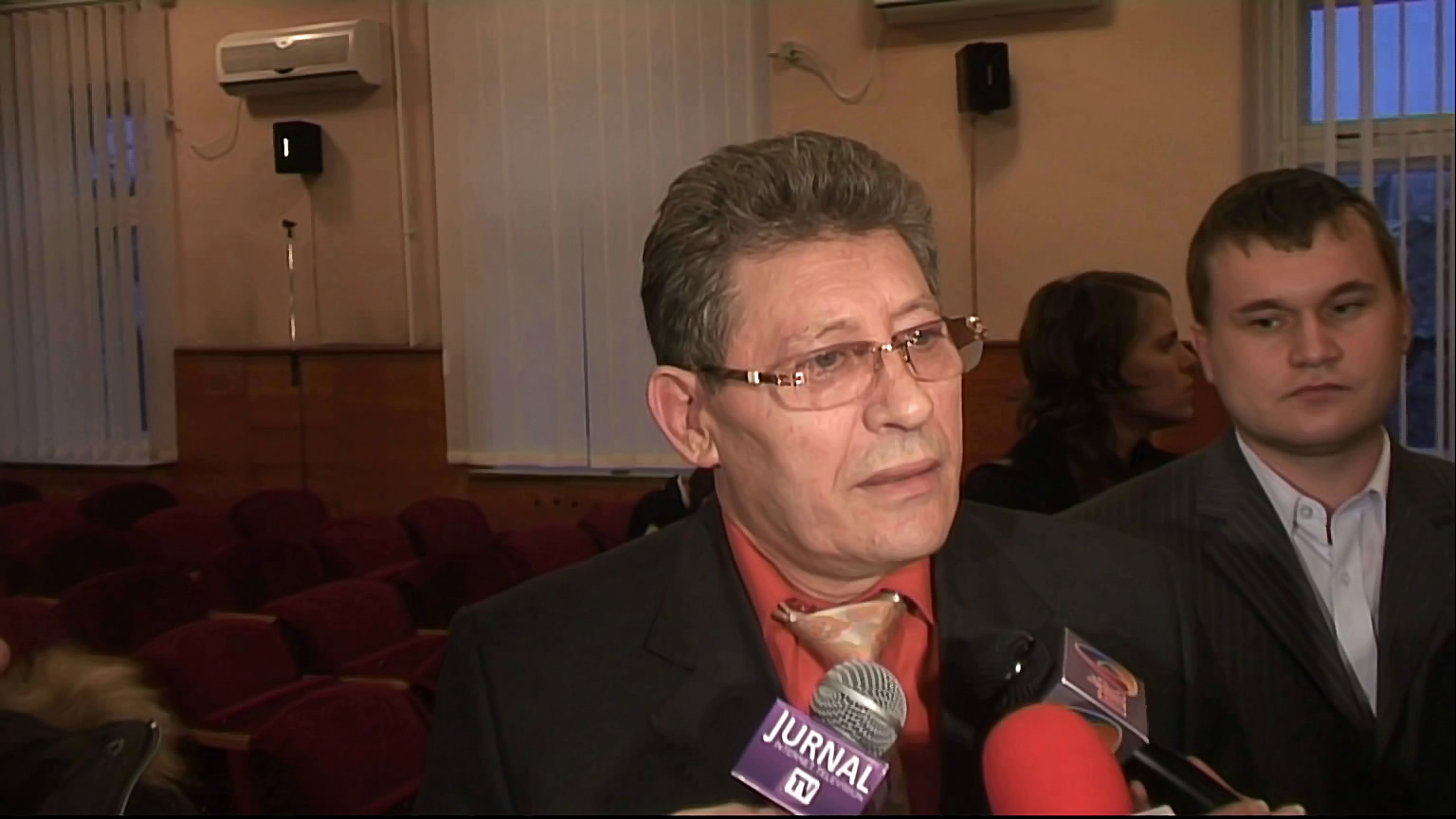
Moldova Emerging From its Constitutional Crisis
Publication: Eurasia Daily Monitor Volume: 6 Issue: 164
By:

Moldova’s parliamentary elections on April 5, subsequent confrontations, and repeat elections on July 28, along with ambiguities and loopholes in the fundamental law, dragged the country’s political system into a constitutional crisis. The system is now working its way out of that situation in a highly complicated parliamentary arithmetic. The four-party Alliance for European Integration (AEI) holds 53 seats, and the nominal Communist Party 48 seats in the 101-seat parliament.
On September 8 Moldova’s constitutional court pronounced valid the election of the parliament’s chairman by the non-communist AEI in the newly elected parliament. The new chairman, Mihai Ghimpu of the Romania-oriented, nominal Liberal Party, had been elected in the parliament’s inaugural sitting on August 28 by AEI’s deputies. That move ignored the communist group’s request for an extended time-out. The Communist Party walked out of that sitting, deemed its continuation as well as the chairman’s election illegal, and challenged them on September 1 in the constitutional court. The court split evenly on September 8, with three judges ruling in favor of the plaintiff (Communist Party) and the other three in favor of the defendant (the non-communist alliance). Under the presumption of innocence, the defendant wins in the event of a split vote. Communist Party representatives promptly announced that the party would abide by the court’s verdict (Moldpres, Basapres, August 28, 29, September 1, 2, 8).
This is a first breakthrough that should make possible the formation of a new government, though not necessarily the election of a new head of state by the parliament. Under Moldova’s constitution, the parliament’s chairman shall serve as acting head of state when the latter office is vacant. The incumbent acting head of state, Vladimir Voronin, announced on September 4 his intention to step down imminently from that post, take up his parliamentary seat, and stay on as Communist Party leader (Moldpres, Basapres, September 4, 5). Ghimpu will exercise his constitutional powers as acting head of state to nominate a new prime minister, who will form a new government, which requires approval by at least 52 deputies out of the 101. The AEI’s four parties, with 53 seats between them, have broadly agreed on a distribution of government posts.
Business tycoon Vlad Filat, leader of the nominal Liberal-Democrat Party, is the AEI’s nominee for prime minister, although this has not been officially announced. The government will be one of political appointees picked by the four party leaders in the alliance. This mode of selection may see some improvements at the top of some ministries, though not necessarily the economic ministries. The outgoing, communist-supported government’s economic ministers performed well and were respected internationally. The outgoing government was largely non-political, with only three party members out of 19 ministers. The outgoing government has had a caretaker status since the April elections. On August 26 the government approved a decision to tender its resignation to the newly elected parliament as soon as the latter is recognized as legally constituted (Moldpres, Basapres, August 26, September 2, 7).
The election of the head of state remains highly problematic as it requires at least 61 votes in parliament. The AEI with its 53 seats can only elect its nominee as president by some agreement with the communist leadership, which could authorize all or some of its 48 deputies to vote for AEI’s nominee. The communists were just one vote short of the necessary number to elect their own nominee as head of state after the April elections. That arithmetic necessitated repeat elections in July. The non-communist alliance is now in an even more difficult situation with eight votes short of that minimum.
Democratic Party leader Marian Lupu, who was chairman of the 2005-2009 parliament, is the AEI’s nominee for head of state, although this has not been officially announced.
The parliament has two months at its disposal to elect the new head of state. Under the constitution, the parliament is automatically dissolved after two failed attempts to elect the head of state, in which case new parliamentary elections are called. Under the same constitution, however, parliamentary elections may not be held more than twice within one year. As Moldova has already held two parliamentary elections in 2009, another election may not be held until January 2010 at the earliest, even if the existing parliament fails to elect the head of state. Adding to the complications, it is not clear whether "maximum two elections in one year" means a calendar year or a 12-month period from the latest election. In any case, Moldova cannot afford institutional vacuums and permanent electoral campaigns, least of all while in the throes of an economic crisis, urgently requiring external financing, and disabled by its own institutional vacancies from starting negotiations toward an association agreement with the European Union.




